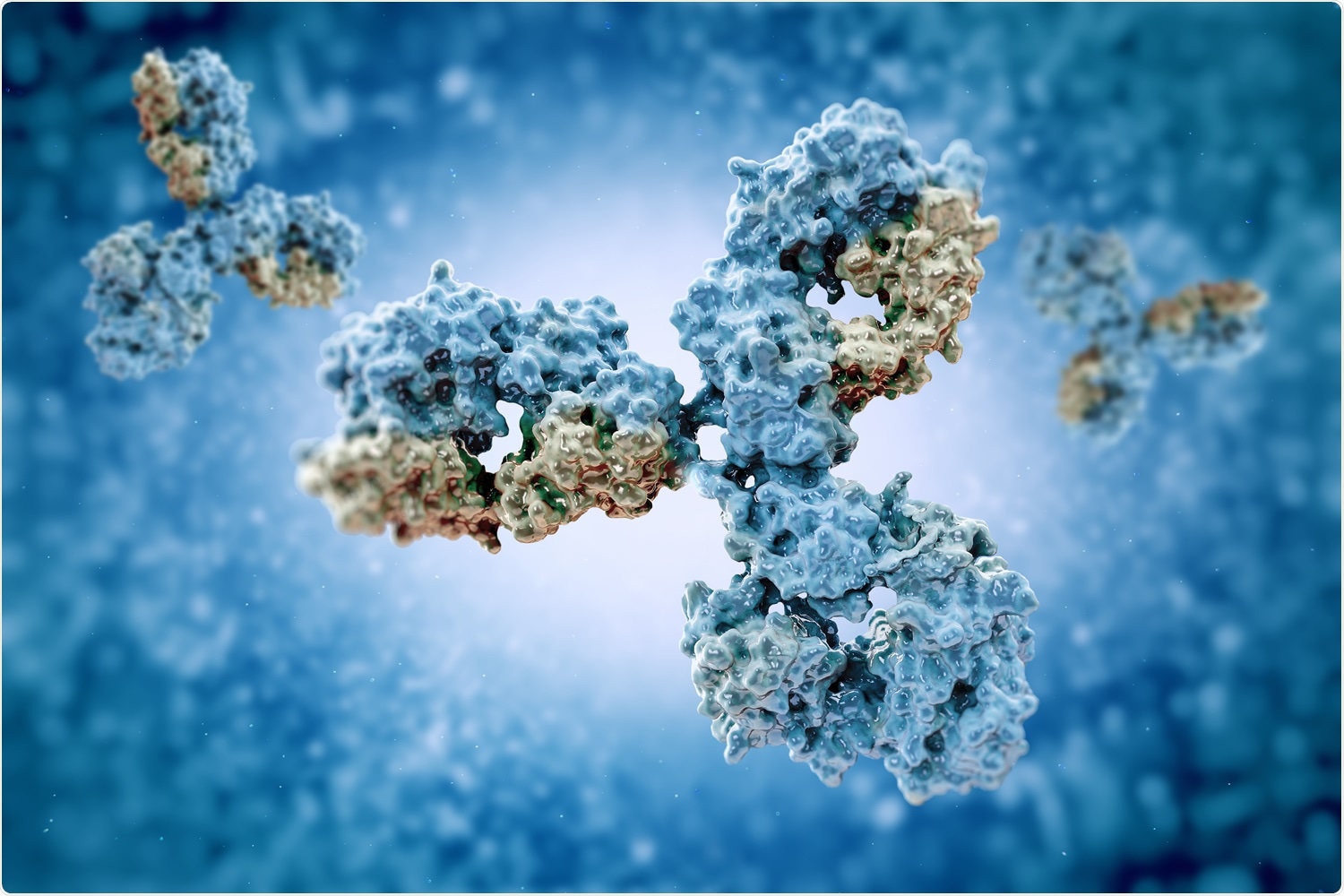The Pfizer-BioNTech mRNA vaccine against COVID-19 (BNT162b2) has demonstrated great short-term efficacy in lowering the incidence of severe acute respiratory syndrome coronavirus 2 (SARS-CoV-2) transmission and lessening the effects of the virus upon contraction, though the duration of protection conferred by the vaccine has not yet been established by wide-scale studies.
In a paper recently uploaded to the preprint server medRxiv* by Nakajima et al. (June 4th, 2021), the antibody responses of over 2,000 Japanese healthcare workers were tracked over a period of several months, with particular regard to serum Immunoglobulin G (IgG) against the SARS-CoV-2 spike protein.

How was the study done?
Participants were all healthcare workers at Chiba University hospital, with a median age of 37, and all but one participant being of Japanese ethnicity.
Blood samples were collected up to two weeks prior to vaccination, with serum IgG against SARS-CoV-2 being detected already in 2% of those tested.
Around half of these individuals had sufficiently high antibody levels that are thought to confer some immunity, and around half of these again had previously tested positive for COVID-19. However, it cannot be ensured that others had the virus and were asymptomatic and not tested.
Blood samples were again collected from participants 2-5 weeks after receiving the second dose of the vaccine, and in this case, the SARS-CoV-2 antibodies were detected in all participants.
In those that were already previously seroresponsive the median titer increased by around 400 fold. At the same time, one participant with a severe autoimmune condition who was receiving immunosuppressive treatment did not show an increase in serum IgG against the spike protein.
The group assessed the differences in acquired antibody titers amongst the participants, noting that those with the highest levels were, in order of importance: not currently taking immunosuppressors, young, had blood collected at a time closer to having received the second dose, had previously been infected with the virus, female, and had a longer interval between vaccine doses.
Other less important factors included: being a nurse, being a non-smoker, consuming less alcohol, working with COVID-19 patients more frequently, and not suffering from any preexisting lung issues or hypertension.
Demographics of vaccine efficacy
The study is one of the largest antibody response studies to date of the Pfizer-BioNTech mRNA vaccine and its results are in line with other published studies.
As discussed, the most vital detracting factor to the efficacy of the vaccine noted by the group was being in receipt of immunosuppressive drugs, with special mention of glucocorticoids in this case.
Interestingly, allergy medication was identified as a factor that results in significantly greater antibody titers, though the specific drug consumed by participants was not known by the group.
They speculate that this is the result of an association between allergic diathesis and those with more sensitive antibody responses. Therefore, the drugs had no involvement, and individuals who have a genetic predisposition to developing allergies are more likely to produce an antibody response.
They do also remark, however, that some studies have suggested that histamine inhibitors may prove beneficial against COVID-19, and thus these drugs would be relevant.
A history of COVID-19 was among the most influential factors for a positive seroresponse, as has been supported by other studies, along with the association of age with lowered efficacy.
The difference observed between sexes has not been widely reported in other studies, however, and is not explained by the authors.
The most potent antibody response was seen to be around 14 days post-administration of the second dose, declining somewhat over the remainder of the 30 day testing period.
*Important Notice
medRxiv publishes preliminary scientific reports that are not peer-reviewed and, therefore, should not be regarded as conclusive, guide clinical practice/health-related behavior, or treated as established information.
- Antibody responses to BNT162b2 mRNA COVID-19 vaccine in 2,015 healthcare workers in a single tertiary referral hospital in Japan, Takahiro Kageyama, Kei Ikeda, Shigeru Tanaka, Toshibumi Taniguchi, Hidetoshi Igari, Yoshihiro Onouchi, Atsushi Kaneda, Kazuyuki Matsushita, Hideki Hanaoka, Taka-Aki Nakada, Seiji Ohtori, Ichiro Yoshino, Hisahiro Matsubara, Toshinori Nakayama, Koutaro Yokote, Hiroshi Nakajima, medRxiv, 2021.06.01.21258188; doi: https://doi.org/10.1101/2021.06.01.21258188, https://www.medrxiv.org/content/10.1101/2021.06.01.21258188v1
Posted in: Medical Research News | Disease/Infection News | Healthcare News
Tags: Alcohol, Allergy, Antibodies, Antibody, Blood, Coronavirus, Coronavirus Disease COVID-19, Diathesis, Drugs, Efficacy, Genetic, Healthcare, Histamine, Hospital, Immunoglobulin, Protein, Respiratory, SARS, SARS-CoV-2, Severe Acute Respiratory, Severe Acute Respiratory Syndrome, Spike Protein, Syndrome, Vaccine, Virus

Written by
Michael Greenwood
Michael graduated from Manchester Metropolitan University with a B.Sc. in Chemistry in 2014, where he majored in organic, inorganic, physical and analytical chemistry. He is currently completing a Ph.D. on the design and production of gold nanoparticles able to act as multimodal anticancer agents, being both drug delivery platforms and radiation dose enhancers.
Source: Read Full Article